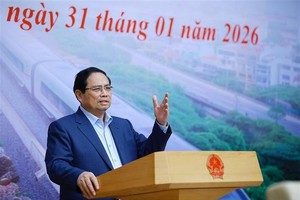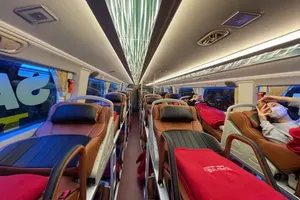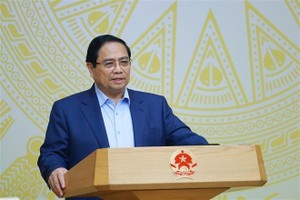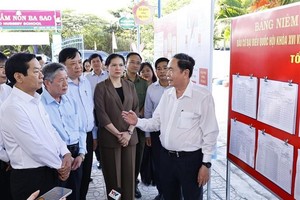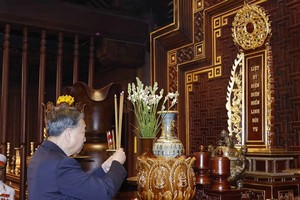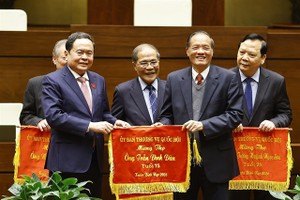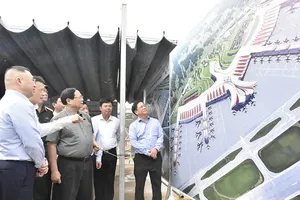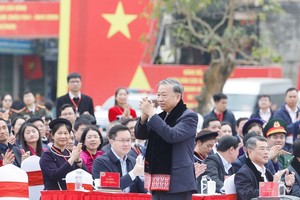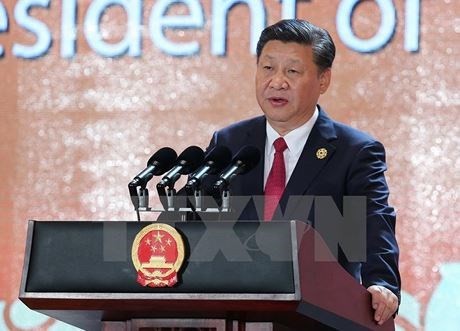
He said facing the profound changes in the global economy, the Asia-Pacific economies must advance with the trend of times, live up to their responsibility and work together to deliver a bright future of development and prosperity for the Asia-Pacific.
“First, we should continue to foster an open economy that benefits all. Openness brings progress, while self-seclusion leaves one behind. We the Asia-Pacific economies know this too well from our own development experience,” he noted.
He went on: “We should put in place a regional cooperation framework that ensures consultation among equals, wide participation and shared benefits, build an open Asia-Pacific economy and promote trade and investment liberalization and facilitation. We should make economic globalization more open, inclusive and balanced so that it benefits different countries and people of different social groups.”
“We should proactively adapt to the evolving international division of labor and actively reshape the global value chain so as to upgrade our economies and build up new strengths. We should support the multilateral trading regime and practice open regionalism to make developing members benefit more from international trade and investment.”
He stressed that the building of a free trade area of the Asia-Pacific (FTAAP) is the long-cherished dream of the business community in the region.
“It was in response to the call of the business community that APEC leaders, for the first time, initiated the FTAAP vision in Hanoi in 2006. In 2014, the FTAAP process was launched in Beijing. We should get into action, fully implement the Beijing Roadmap, move toward the FTAAP and provide an institutional underpinning for growing an open economy in the Asia-Pacific,” he said.
In the speech, Xi also underlined the need to continue to pursue innovation-driven development and create new drivers of growth, enhance connectivity and achieve interconnected development, and make economic development more inclusive and deliver its benefits to people in the region.
He asked to invest more in education, medical care, employment and other areas that are important to people’s livelihood, and address poverty and the widening gap between the rich and the poor, reach out to disadvantaged groups, improve the business environment for micro, small and medium-sized enterprises, and enable the workforce to better adapt to industrial transformation, so that everyone will have his fair share of opportunity and benefits.


